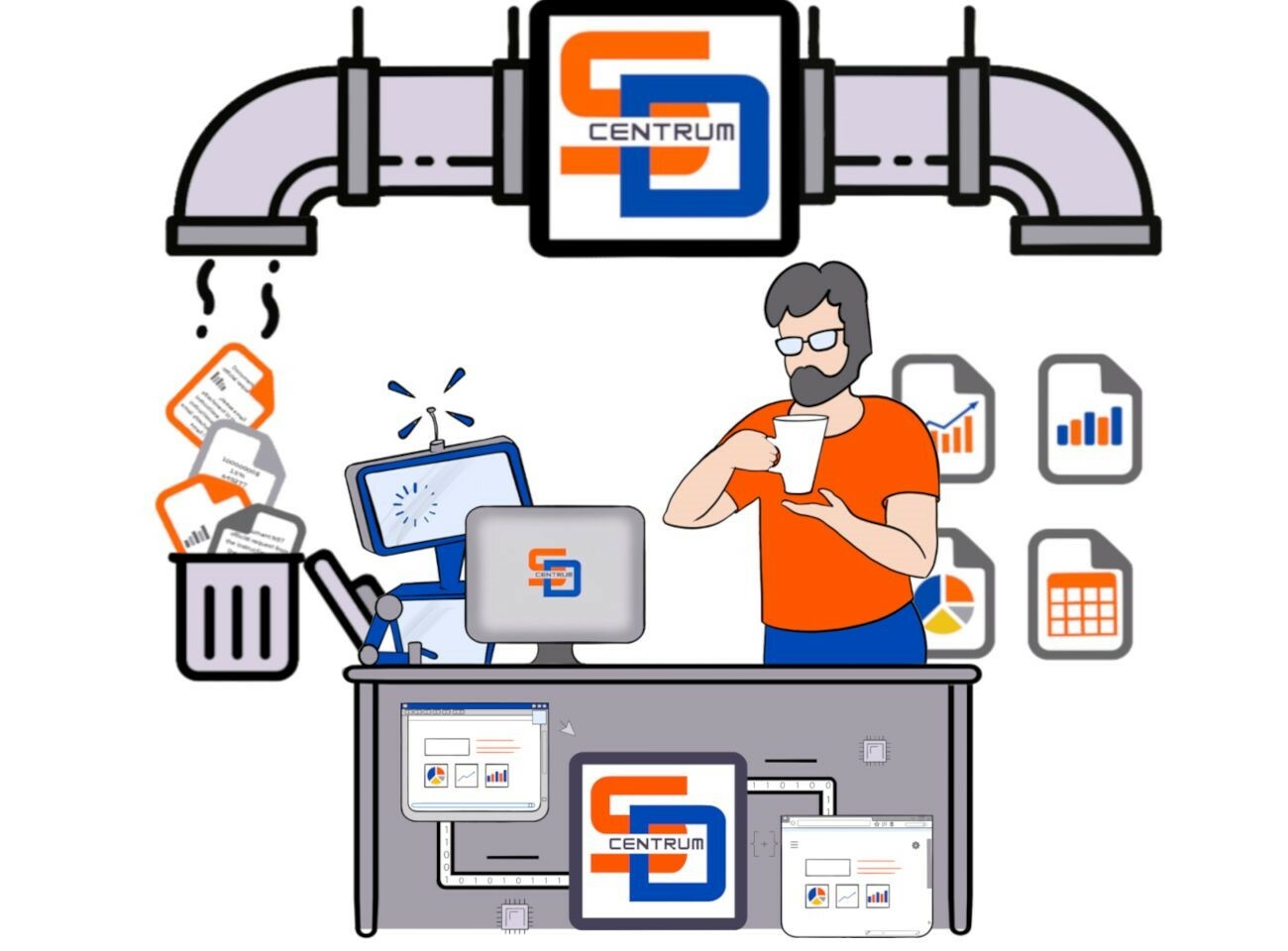
1️⃣ Data Security Concerns
🙎♀️: Outsourcing your data entry may expose your sensitive financial information to external parties. Despite confidentiality agreements, there's always a risk of data breaches or mishandling by third-party service providers. There are many sad examples...
🤖 : But with automation, you retain full control over your data, ensuring it remains protected within your secure systems and environments.
2️⃣ Human Errors
🙎♀️: Working in the automation field for years, I learned that even the most accurate and focused professionals make mistakes, entering inaccurate data accidentally, leading to financial discrepancies and compliance issues. The peer reviews help, but it's not 100% coverage. Plus, consider the efficiency and the costs.
🤖: Automation, on the other hand, removes user input and follows strict and programmed rules that are consistent and virtually error-free. This eliminates the risk of costly manual data entry mistakes. And the flows enhanced with AI tools would be able to monitor the automation and apply required actions.
3️⃣ Efficiency and Time Savings
🙎♀️: Outsourcing data entry may seem like a time-saving solution, but it often involves a back-and-forth communication process, leading to delays. Plus, outsourcing data entry can be expensive in the long run, with recurring costs for outsourcing services.
🤖 : Automation, once set up, works tirelessly 24/7, processing data in real-time. This significantly speeds up your accounting processes and allows accountants to focus on higher-value tasks like financial analysis and strategy. More than that, automation offers cost-efficiency over time, as it reduces the need for ongoing human labour.
When our team, SDCentrum Australia, delivers automation for financial and accounting teams, we design robust tracking and reporting capabilities, ensuring you can easily trace and validate every data entry, which is crucial during audits.
🙎♀️: Outsourcing your data entry may expose your sensitive financial information to external parties. Despite confidentiality agreements, there's always a risk of data breaches or mishandling by third-party service providers. There are many sad examples...
🤖 : But with automation, you retain full control over your data, ensuring it remains protected within your secure systems and environments.
2️⃣ Human Errors
🙎♀️: Working in the automation field for years, I learned that even the most accurate and focused professionals make mistakes, entering inaccurate data accidentally, leading to financial discrepancies and compliance issues. The peer reviews help, but it's not 100% coverage. Plus, consider the efficiency and the costs.
🤖: Automation, on the other hand, removes user input and follows strict and programmed rules that are consistent and virtually error-free. This eliminates the risk of costly manual data entry mistakes. And the flows enhanced with AI tools would be able to monitor the automation and apply required actions.
3️⃣ Efficiency and Time Savings
🙎♀️: Outsourcing data entry may seem like a time-saving solution, but it often involves a back-and-forth communication process, leading to delays. Plus, outsourcing data entry can be expensive in the long run, with recurring costs for outsourcing services.
🤖 : Automation, once set up, works tirelessly 24/7, processing data in real-time. This significantly speeds up your accounting processes and allows accountants to focus on higher-value tasks like financial analysis and strategy. More than that, automation offers cost-efficiency over time, as it reduces the need for ongoing human labour.
When our team, SDCentrum Australia, delivers automation for financial and accounting teams, we design robust tracking and reporting capabilities, ensuring you can easily trace and validate every data entry, which is crucial during audits.
